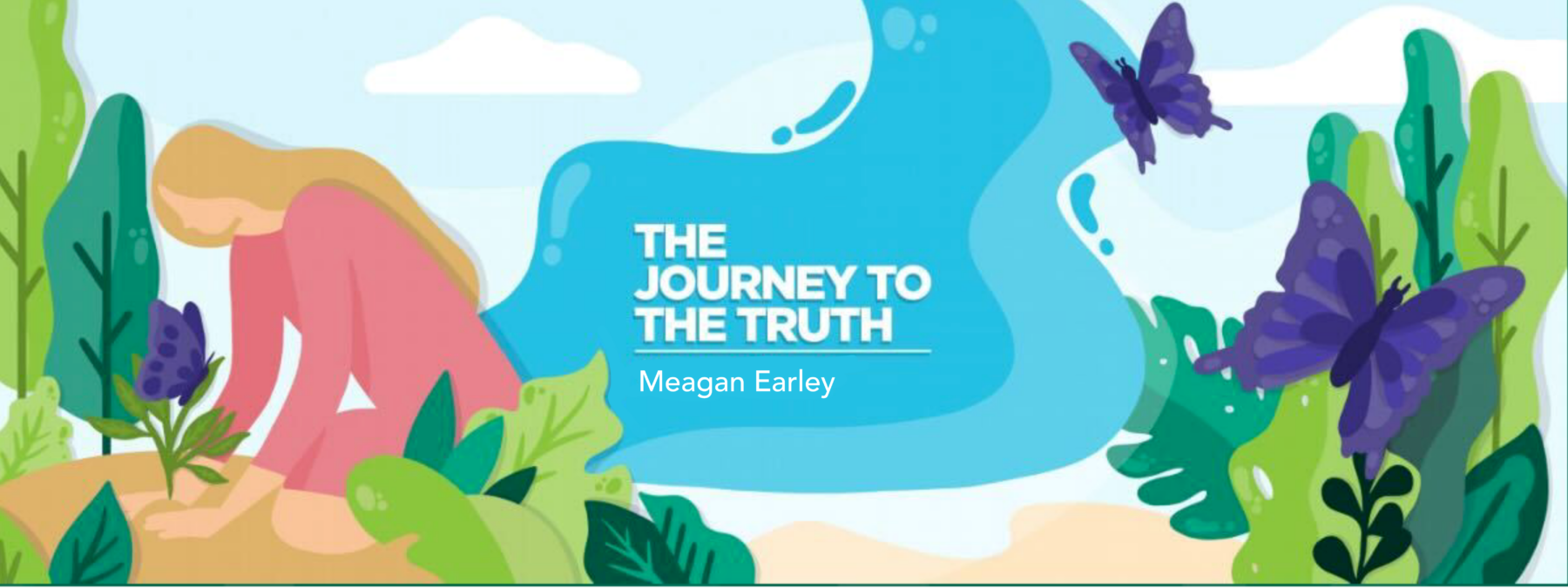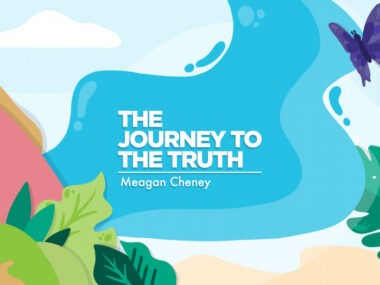Continuing family traditions helps keep my daughter’s memory alive
Remembering Austen as we partake in beloved holiday activities
Written by |

Even before Austen, my 9-year-old daughter who passed away from complications of Dravet syndrome, was born, I always loved traditions. Our family may not have had much money to spend frivolously, but traditions made up the rhythm of our year and gave us something to look forward to each season.
If you had asked Austen, she probably would have told you that Christmas was her favorite holiday. She loved any occasion when she knew she’d be getting a present. But I think she had the most fun at Halloween. It wasn’t just a day to her; it was an entire season of festivities.
Carving pumpkins was always our first activity, followed by roasting the pumpkin seeds to share as a snack. When we lived in Colorado, we would go to the zoo each year to see it decked out in Halloween decor. After we moved back to Texas, we went to our town’s Halloween festival instead. There was always trick-or-treating, but if the weather was bad (which it tended to be in Colorado), the kids’ aunt and I would just throw bags of candy on the living room floor, and they’d attack it like a game of Hungry Hungry Hippos.
Every year I prayed that we could get through Halloween night without Austen having a seizure. Sometimes Dravet would rear its ugly head and throw a kink in our plans. More than once we had to turn around on the way to an event or leave early because a seizure would come out of nowhere. But we rearranged our plans and made it work to maintain a sense of normalcy. It kept us in a rhythm.
Navigating the holidays without my daughter
Last Halloween was our first major holiday without Austen. It was my first test to see if I could keep our traditions going for my other children, despite missing her.
Going to our town’s festival was one of the hardest things I’ve ever made myself do. I was having a private pity party but trying to smile for my other kids, while everyone in our small town was looking at me with pity themselves. I went home and cried myself to sleep. Then I got up, wiped my face, and forced myself to participate in carving pumpkins a few days later. Each activity felt like a betrayal to Austen, but I had to do it for her siblings. I couldn’t let losing her mean that they’d lose all the traditions we’d cultivated over the years.
It’s hard — really hard. I find myself wondering what she would have wanted to dress up as this year, and reminiscing about begging her for days on end to let me wash the pink dinosaur costume she was obsessed with. I think about how her cousins got to be with us during our last pumpkin carving party, and how we all sat around roasting hot dogs and s’mores afterward.
I also think about the traditions that are coming up — the rhythms we’ve built around Thanksgiving, Advent, and Christmas. Will I make it through them without tears? Probably not. But I’ll make it through them nonetheless. Because letting those traditions go would be more of a betrayal to Austen’s memory than doing them without her. By keeping alive the traditions she loved so much, I’m, in a way, keeping her alive, too. It allows our family to share memories, laugh, talk, and cry together.
The only way Austen will ever really die is if we forget about her. As her siblings grow up and carry these traditions forward, they will also carry on the stories. And that means she will never be forgotten.
Note: Dravet Syndrome News is strictly a news and information website about the disease. It does not provide medical advice, diagnosis, or treatment. This content is not intended to be a substitute for professional medical advice, diagnosis, or treatment. Always seek the advice of your physician or other qualified health provider with any questions you may have regarding a medical condition. Never disregard professional medical advice or delay in seeking it because of something you have read on this website. The opinions expressed in this column are not those of Dravet Syndrome News or its parent company, Bionews, and are intended to spark discussion about issues pertaining to Dravet syndrome.






Leave a comment
Fill in the required fields to post. Your email address will not be published.